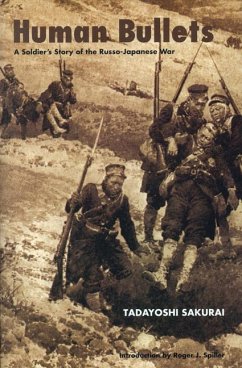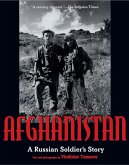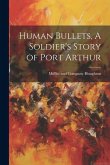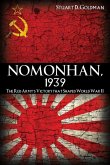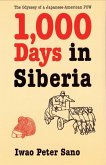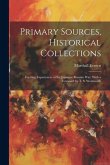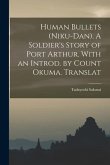The impact of the Russo-Japanese War of 1904-5 was incalculable. It was the first victory by an Asian power over a European one since the Mongol invasions of the thirteenth century. Japanese victory was ascribed to the "spirit" of the Japanese people, which helped their soldiers to overcome superior numbers and technology. A fascinating glimpse into prevailing nationalistic and militaristic attitudes in early-twentieth-century Japan, Human Bullets is also an engaging story of combat and an excellent source of insights about a relatively obscure but immensely influential conflict. Tadyoshi Sakurai was a junior officer in the Japanese campaign against Port Arthur, Russia's ice-free port in China. His account is an interesting introduction to the concept of yamato-damashii, or "traditional Japanese spirit". This spirit was something greater than mere high morale. Japanese soldiers were the emperor's "human bullets". Like bullets, they were unconcerned with victory, comfort, or self-preservation, existing only to strike the enemy. This long-overlooked, classic memoir of the Japanese military is introduced by Roger J. Spiller, the George C. Marshall Professor of Military History at the U.S. Army Command and General Staff College. Spiller is the general editor of Dictionary of American Military Biography and Combined Arms in Action since 1939.

